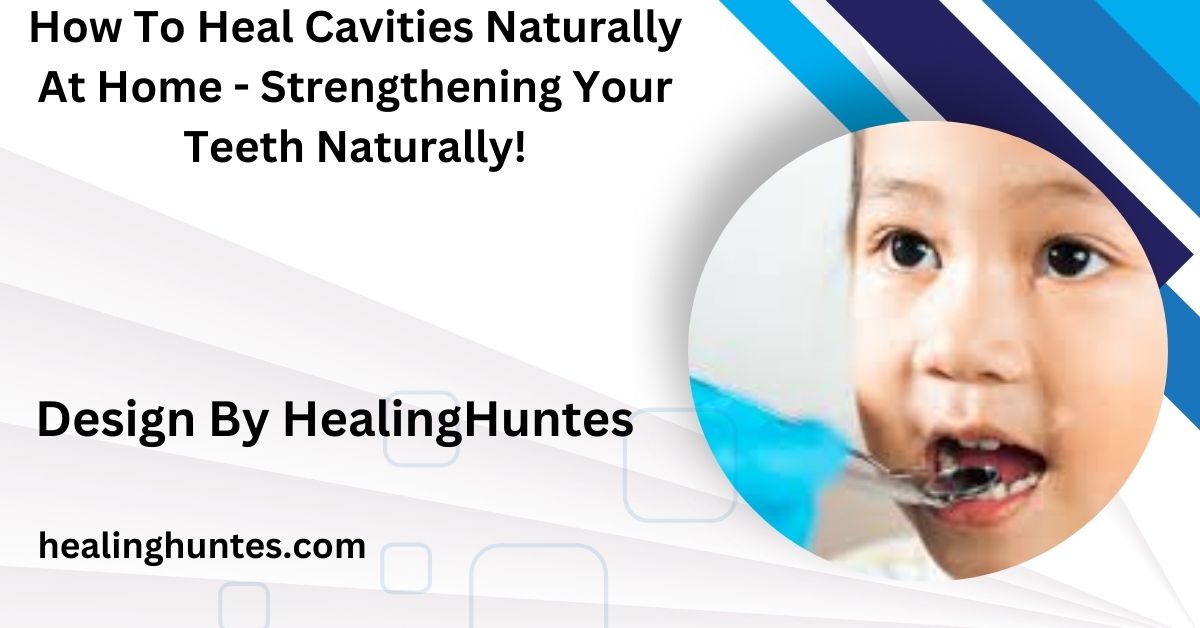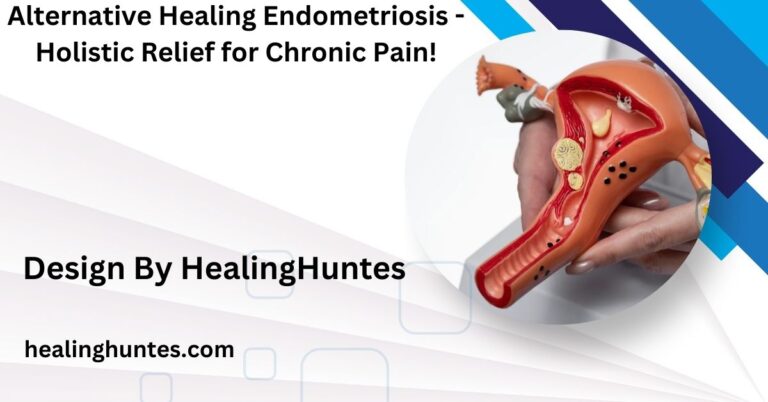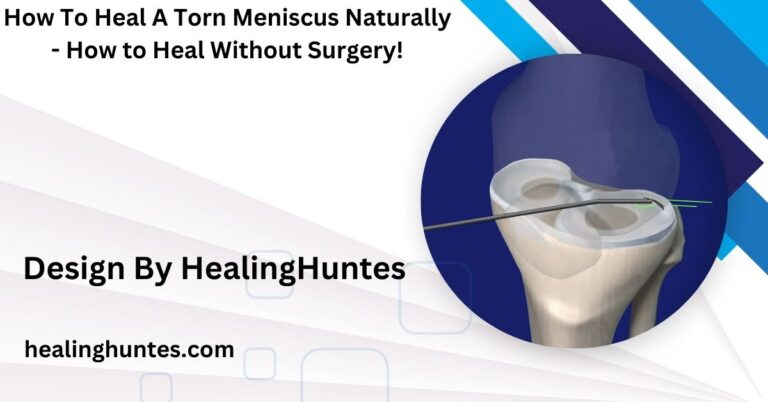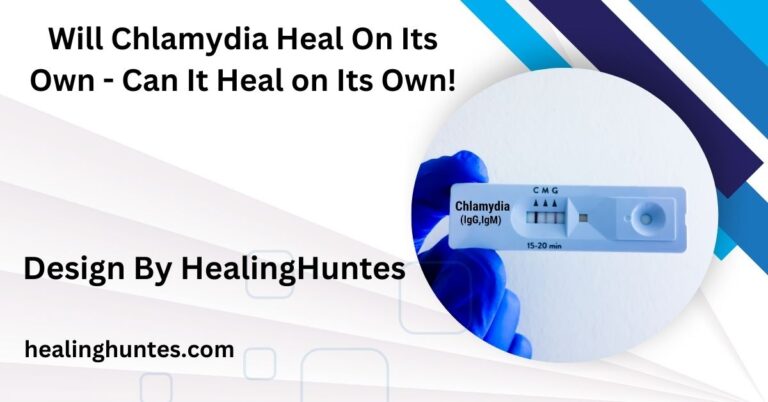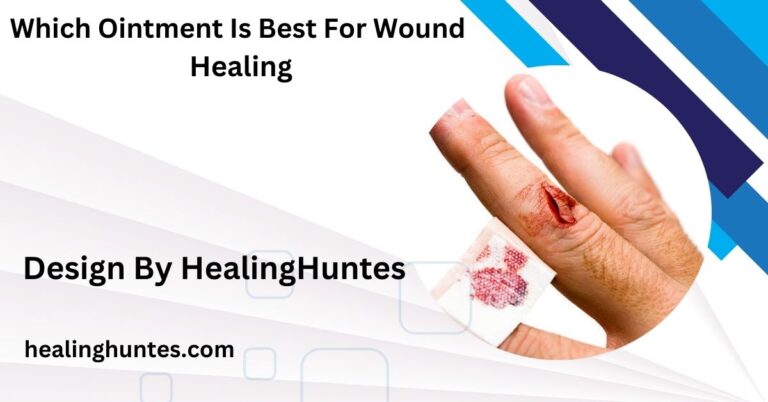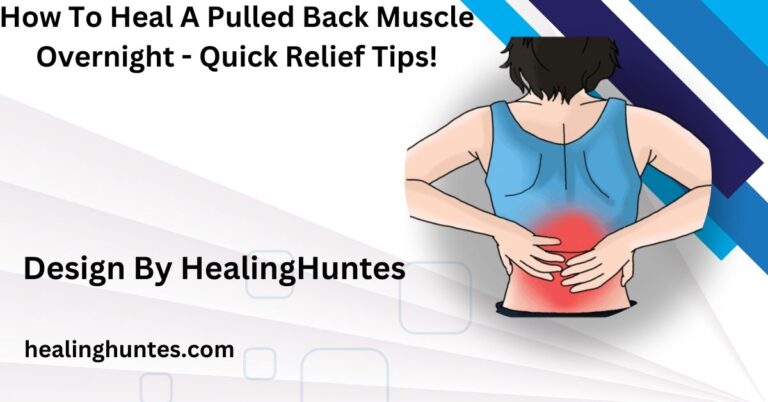How To Heal Cavities Naturally At Home – Strengthening Your Teeth Naturally!
The article discusses natural methods to heal cavities at home, emphasizing dietary choices, lifestyle changes, and effective remedies for oral health.
In this article, we will discuss how to heal cavities naturally at home, the best dietary choices, lifestyle changes, and effective home remedies to support oral health.
Understanding How Cavities Form and Whether Natural Healing is Possible:
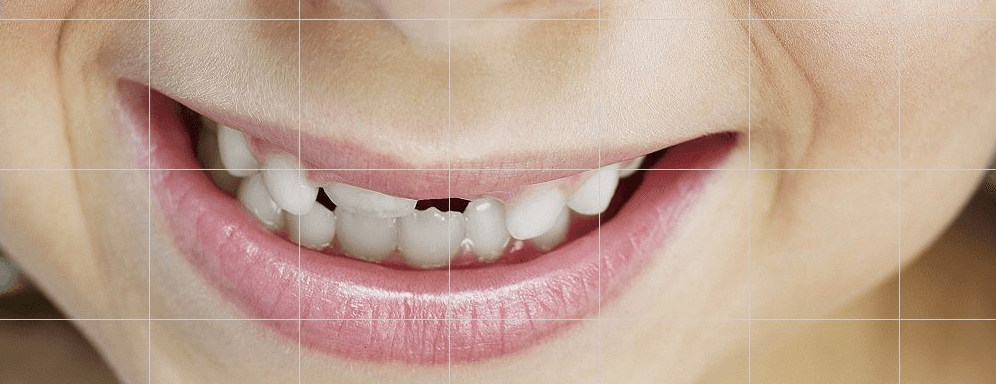
Cavities, also called dental caries, occur when the enamel (the outermost layer of your teeth) begins to wear down due to the action of bacteria. These bacteria thrive on sugars and carbohydrates, producing acids that erode enamel and create small holes in the tooth surface. While cavities that have penetrated deep into the tooth can’t be reversed, early-stage cavities, known as demineralization, can sometimes be healed with proper care.
Oil Pulling:
Oil pulling is an ancient Ayurvedic practice that involves swishing oil, typically coconut or sesame, in the mouth for 15-20 minutes to detoxify and promote oral health. This method helps trap harmful bacteria and plaque, reducing the microbial load in the mouth and preventing cavities. Regular oil pulling can enhance gum health, freshen breath, and support overall dental hygiene when combined with proper oral care routines.
- How it works: The oil traps bacteria and plaque, helping to reduce the microbial load in your mouth.
- How to use: Swish one tablespoon of oil in your mouth for 15-20 minutes daily, preferably before eating or drinking. Spit the oil out and rinse with water to remove any remaining residue.
Also Read: When You’re Ready This Is How You Heal – A Guide to Overcoming Setbacks and Finding Strength!
Boosting Calcium and Vitamin D Levels Can Strengthen Tooth Enamel and Support Healing:
Boosting calcium and vitamin D levels is essential for maintaining strong tooth enamel and promoting the healing of early-stage cavities. Calcium is a critical mineral that helps reinforce tooth structure, while vitamin D plays a vital role in enhancing calcium absorption in the body. Including calcium-rich foods like dairy products, leafy greens, and fortified foods, alongside regular sunlight exposure or vitamin D supplements, can significantly support oral health and aid in the remineralization process.
- Calcium-rich foods: Dairy products like milk, cheese, and yogurt, along with plant-based options such as almonds, tofu, and leafy greens.
- Sources of Vitamin D: Sunlight exposure is a natural source of Vitamin D, but you can also get it from fatty fish like salmon, fortified dairy products, and supplements.
Reduce Sugar and Carbs to Lower Cavity Risk:

Reducing sugar and refined carbohydrates is crucial for lowering the risk of cavities, as these foods feed the harmful bacteria in the mouth. When these bacteria metabolize sugar, they produce acids that erode tooth enamel, leading to cavities. By minimizing the intake of sugary snacks and beverages and opting for healthier alternatives like fruits, vegetables, and nuts, you can significantly decrease acid production and help protect your teeth from decay.
- Healthy swaps: Replace sugary snacks with whole fruits, vegetables, and nuts. If you do consume sugary foods, make sure to rinse your mouth with water or brush your teeth afterward to minimize acid buildup.
Fluoride Mouthwash and Toothpaste Strengthen Enamel:
Fluoride is a mineral that strengthens tooth enamel and makes it more resistant to acids produced by bacteria. Fluoride toothpaste and mouthwash are excellent for preventing cavities and promoting the remineralization of teeth.
- How it helps: Fluoride helps rebuild weakened enamel and prevents the formation of new cavities.
- How to use: Brush your teeth with fluoride toothpaste twice a day, and consider using a fluoride mouthwash for extra protection.
Also Read: Is It Gods Will To Heal A Person – A Comprehensive Exploration!
Good Oral Hygiene Prevents Cavities and Supports Dental Health:
Fluoride mouthwash and toothpaste play a vital role in strengthening tooth enamel and preventing cavities. Fluoride helps to remineralize weakened enamel, making it more resistant to acid attacks from bacteria that thrive on sugars. Using fluoride toothpaste twice daily and incorporating a fluoride mouthwash into your oral care routine can significantly enhance your dental health and reduce the likelihood of cavity formation.
- Brush twice a day: Use fluoride toothpaste and brush all surfaces of your teeth for at least two minutes.
- Floss daily: Flossing is important for cleaning between teeth where toothbrushes can’t reach, reducing the risk of cavities in these areas.
Magnesium and Phosphorus Support Tooth Enamel Regeneration:
Magnesium and phosphorus are essential minerals that contribute to the regeneration and strength of tooth enamel. Magnesium helps the body absorb calcium effectively, while phosphorus plays a crucial role in rebuilding enamel and maintaining overall dental health. Incorporating magnesium-rich foods like leafy greens and nuts, along with phosphorus sources such as dairy and legumes, into your diet can support the natural healing processes of your teeth and enhance their resilience against cavities.
- Magnesium sources: Leafy greens, nuts, seeds, and whole grains are excellent sources of magnesium.
- Phosphorus-rich foods: Meat, fish, eggs, dairy, and legumes are packed with phosphorus and support enamel health.
FAQ’s
1. Can cavities heal on their own naturally?
Early-stage cavities may remineralize with proper care, but advanced cavities need professional treatment.
2. What foods are good for healing cavities?
Foods rich in calcium, Vitamin D, magnesium, and phosphorus can help remineralize teeth and support oral health.
3. Is oil pulling effective in preventing cavities?
Oil pulling can reduce harmful bacteria and improve oral hygiene, which may help prevent cavities from worsening.
4. How can I prevent cavities at home?
Good oral hygiene, a balanced diet, reducing sugar intake, and using fluoride products can help prevent cavities.
5. Do I still need to visit the dentist if I use natural remedies?
Yes, regular dental check-ups are essential for detecting and treating cavities before they worsen.
Conclusion
Natural remedies and lifestyle changes can be effective in slowing down the progression of early-stage cavities and preventing new ones from forming. However, these methods should be used as a complement to professional dental care, not as a substitute. If you suspect a cavity, it’s important to see a dentist for proper diagnosis and treatment.
